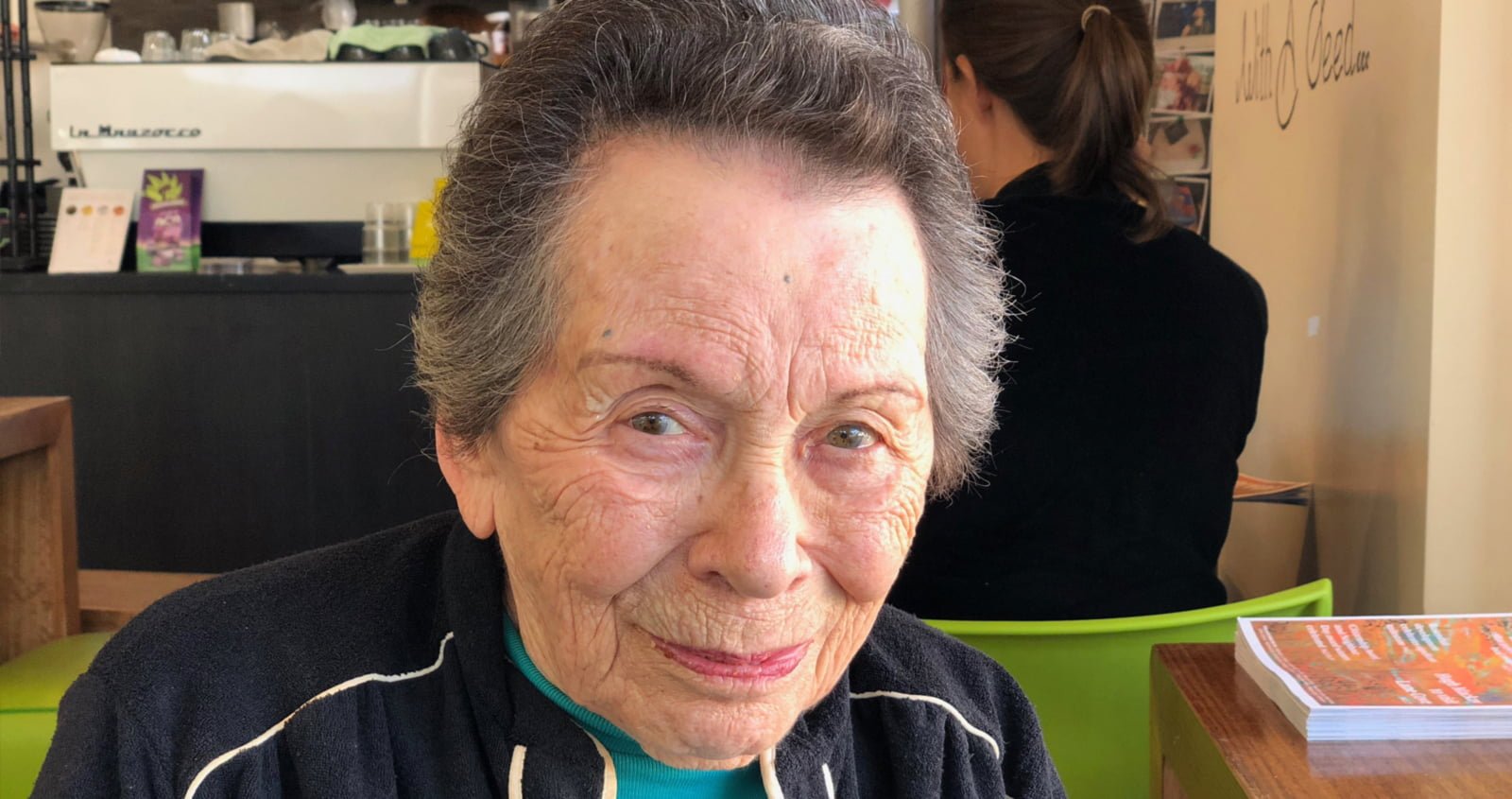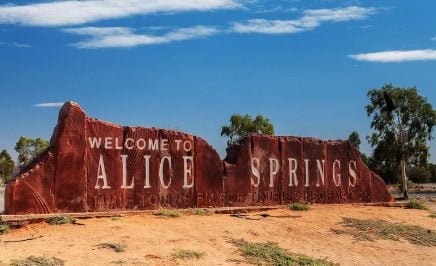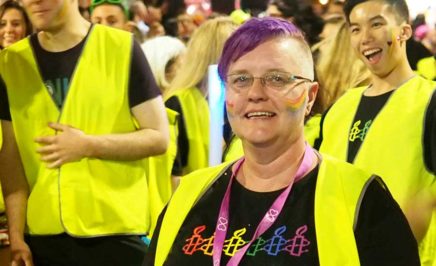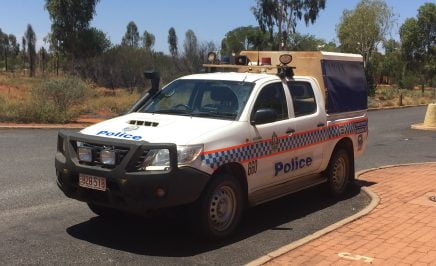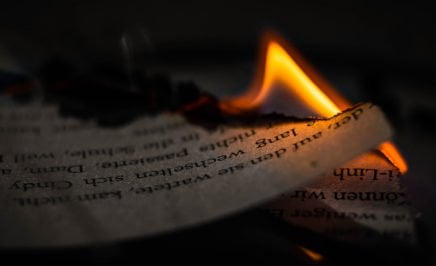As a young girl, Alice Beauchamp became a refugee when she had to flee Nazi Germany. Today she lives in Sydney and has spent her life promoting human rights. Story as told to Annika Flensburg.
“Our relatives all thought my father was mad when he said we had to flee Germany in the 1930s. He was the only one who saw what was happening.
My parents were very worried about the persecution and were concentrating on how we could emigrate, what they should do with their lives. They were learning three languages, English, Spanish and Hebrew, because we didn’t know where we would be able to go.
I still remember being in my uncle’s store in Mannheim, when the Nazis stormed in and called him a filthy Jew. I screamed, ‘He’s not dirty!’ My mother put her hand over my mouth and rushed me out to the closest sweet shop – anything to shut me up. She was terrified they would do something to us. But I couldn’t let them call my uncle dirty, could I? Later, the Nazis closed the store and my uncle and his family went into hiding. Eventually they were found and killed. It was a scary time.
New beginnings
“The first opening came for Paraguay, but my father wanted to continue to Australia. To surprised queries of ‘Why Au-stra-lia?’, he replied, ‘because it’s furthest away.’ When the permit finally came through, we took a cargo ship to Australia together with a dozen other Jewish refugees.
After weeks at sea, calling at many ports, we entered Sydney Harbour. I was 10 years old. We were very excited – we thought everything was marvelous. But it was tough. We didn’t get any help from the authorities. It was post-depression and my father couldn’t find a job but my mother went cleaning. Life was very different from home. My mother had never done her own cleaning before – like most middle class people in Germany, we’d had a maid.
My parents decided to start a business – a small shop which was open all the time, hoping to catch sales when other businesses were closed. We lived in the rooms behind the shop. It was cramped but we got by.
Later my grandmother joined us. She had fled alone from Gdansk near Poland. I come from a tough line of women.
“I come from a tough line of women.”
Persecution in Australia
“Then Italy entered WWII. Unexpectedly, my father and several other Jewish men were arrested. None of the men had an Italian connection, yet they were taken to the maximum security prison at Bathurst, New South Wales. My mother couldn’t visit him in prison as she needed to run the shop – so she sent me.
A lady we knew hired a big car so all the wives could visit and I went with them. When we arrived at Bathurst maximum security prison, they brought my father to meet me in the prison yard where there were gallows. I didn’t think that they would hang my father there and then, but that they would later on. It stayed with me forever.
Some of the other prisoners were real Nazis and they were mates with the guards.
Eventually my father was released. We never found out why he was arrested and he was never put on trial. They confiscated his typewriter, camera and binoculars, and we thought one reason might have been that he was writing letters in the shop with the light on during the evenings. Seeing a foreigner typing things probably looked suspicious.
“This experience had a profound impact on me and I am still very disturbed about the treatment of refugees. My background made me who I am today.”
Finding belonging
“We slowly built a new life in Australia – we were very lucky. Our friends and family who had stayed behind in Germany all died. Many people who stayed in Germany died.
I studied, started a thriving business and engaged in human rights issues. I did my degree at night at Sydney University and wrote my thesis on social relations between European and Aboriginal and Torres Strait Islander children. During the day I worked as a teacher.
I had a friend with a ‘do-gooder’ shop in Parramatta, who always wanted me to come and help there. When my two children were a bit older I wondered, ‘Why travel to Parramatta when I could open a shop nearer home and give to Aboriginal and Torres Strait Islander charities and overseas aid?’
A friend and I opened a shop on a little back street with crafts, clothes and garments from India, Pakistan, Indonesia, Thailand and others. And the timing was just right – in the 1960s anyone who was “with it” wanted to wear these clothes.
We started a new business importing and selling clothing to shops all around Australia. My son and a couple of friends sold and delivered, and my husband quit his chemist job to administer the business. I gave a percentage of our earnings to organisations working for Aboriginal and Torres Strait Islander people and on overseas aid.
Staying engaged
“I turned 90 last year and I have always been engaged in human rights. I have always fought for social and environmental injustice, and I believe I am still in good shape because of it.
I do think there are quite a lot of people who are open to helping refugees coming into their communities.
Little things are important. We lived in a very modest place and the people across the road had a house with a garden. They invited my grandmother to sit there and feel the sun on her face and to have a chat, despite the barrier of limited English. That meant a lot.
“They invited my grandmother to sit there and feel the sun on her face and to have a chat. That meant a lot.”
If we can make it easier for people who are forced to flee their homes to find real refuge in Australia, to settle here and get started, we can connect people and unleash a positive energy. And that would benefit everyone.”

